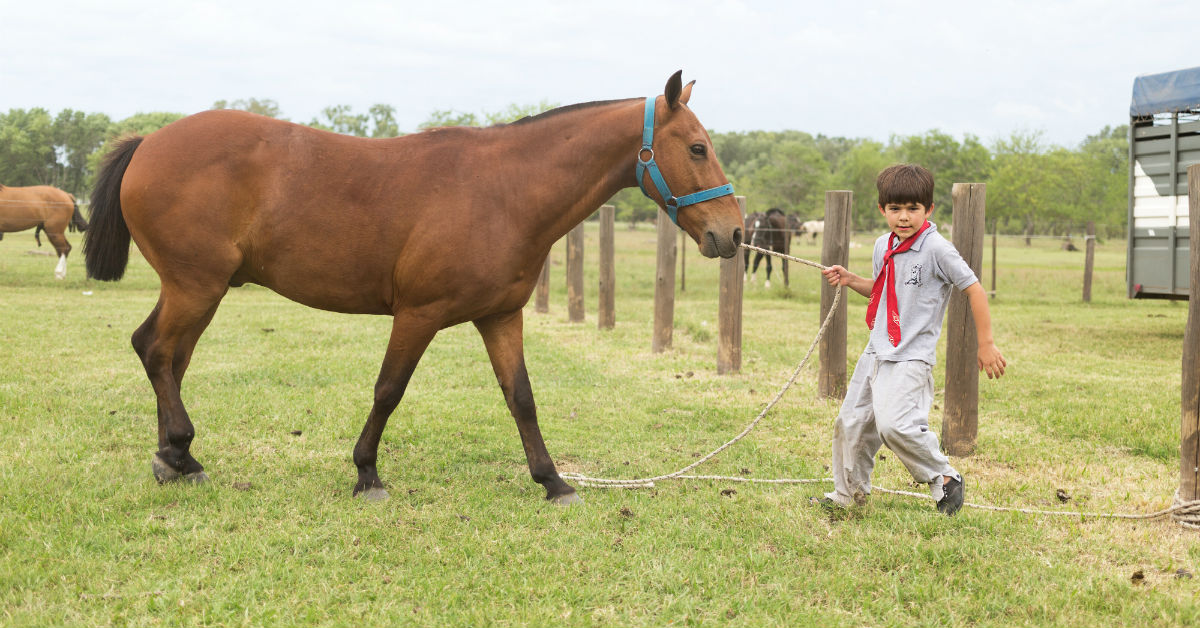When parents consider the help that their troubled teen needs, it is usually more in terms of therapy options and behavior modification. However, life skills are also an extremely important part of a well-rounded therapeutic experience, particularly for teens that have stunted development in that area. Life skills can mean many things, but mainly refers to the construction of skills and tools needed for troubled teens to progress into mature and responsible adulthood. Life skills can include:
- Personal Interaction
- Communication Skills
- Group Participation
- Personal Hygiene (both self and surroundings)
- Chores
- Responsibility
- Attitude
- Compliance
How Will My Teen Learn Life Skills?
Teaching life skills can be accomplished a variety of ways. In many programs, students are told what is expected of them regarding day to day activities and interaction. They are then held to a standard of accountability congruent with their progress in the program. The idea is that as a teen improves and makes changes, his balance of therapy and self-management increases. By the time he is ready to graduate and return home, he will have gained the tools he needs to continue his forward momentum. Therapeutic boarding schools are an ideal place for troubled teens to learn valuable life skills because they are in an environment that is controlled and overseen by professionals dedicated to helping each boy facilitate the healing that will benefit him for the long term.
How Does Sundance Canyon Academy Teach Life Skills?
At Sundance Canyon Academy, we feel that life skills are an essential part of an effective therapy program. We provide our students with six graduated phases through which they are exposed to a variety of experiences and responsibilities designed to help them change their outlook and habits. In addition to basic skills like hygiene and chores, our students also take part in recreational activities and service projects that create a healthy routine and introduce an opportunity to practice teamwork, good communication and empathy.
During the final two phases of our program, students participate in what is called “transition” where they are able to implement what they have learned into real life situations. In a separate “halfway house” style facility, teens experience greater freedom and responsibility than they have previously had in order to finalize their treatment goals. Therapists and staff members are on hand to help model a family style environment and hold students accountable for choices, much like a parent would. This allows teens to not only practice the life skills they have gained, but also reassure them that they can successfully return home and employ what they have learned for a positive re-entry back into day to day life.
For more information about our program, please contact us at (866) 678-2425.











0 Comments